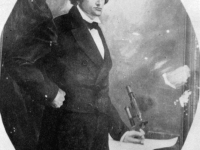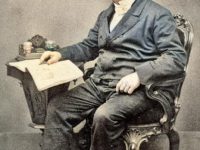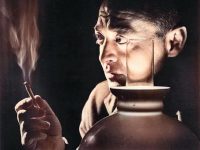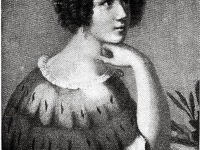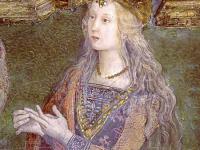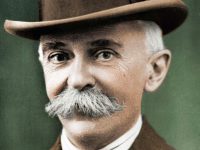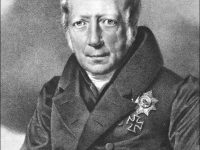The Mysterious Tunguska Event – June 30, 1908
On June 30, 1908, seismic stations all across Europe registered an enormously powerful shock wave, which originated from a location near the Podkamennaya Tunguska River in what is now Krasnoyarsk Krai, Russia. The so-called Tunguska event ever since has challenged the fantasy of scientists, who related it to the impact of a meteor or comet fragment, or even have developed theories that speak of black holes, anti matter or less exotic geothermical…
Read more


